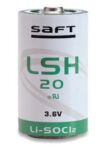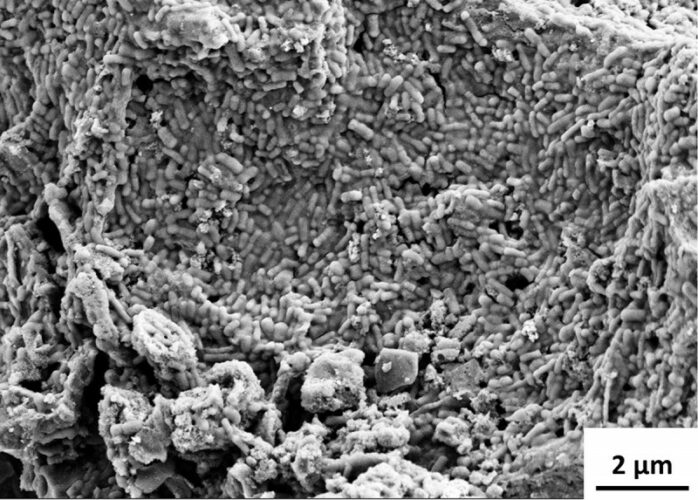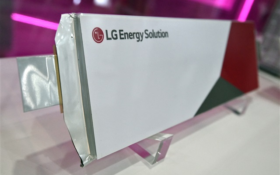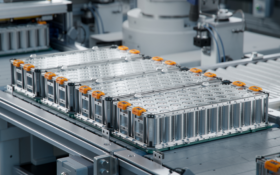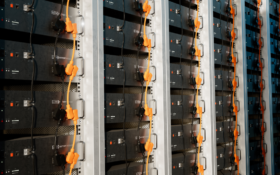Lithium batteries developed by French firm Saft have been instrumental in a moon probe being able to beam information from space four times longer than its original design specification.
A combination of primary and rechargeable lithium batteries developed by the battery design and manufacturing company enabled LuxSpace’s Manfred Moon Memorial Mission (4M) mini-probe to transmit data back to earth.
A battery pack comprising 28 Saft super robust LSH20 HTS 3.6V Primary lithium-thionyl chloride (Li-SOCl2) size D spiral cells delivered 4.5W of power to the 4M probe – the first privately funded moon mission.
Secondary power, to help extend the mission life, was provided by solar panels working in combination with a Saft MPS rechargeable lithium-ion battery.
The primary lithium battery fully drained after 438 hours of continuous operation in temperatures which can range from 260 degree centigrade to -100 degrees centigrade.
Yannick Borthomieu, Satellite and Launcher Battery Product Manager for Saft’s Specialty Battery Group, said: “We are delighted that Saft lithium batteries have played a vital role in the success of this innovative project that heralds a new era in the development of low-cost microsatellite missions.”‘
The 4M mission was a tribute to Manfred Fuchs, the founder of LuxSpace’s parent company OHB Group, who died in April at the age of 75. It blasted into space on the Chinese Long March Rocket in October 2014.
LuxSpace’s key mission objective was to increase public interest in space exploration, so the 14 kg payload transmitted signals continuously during its space journey so amateur radio enthusiasts could track it.

